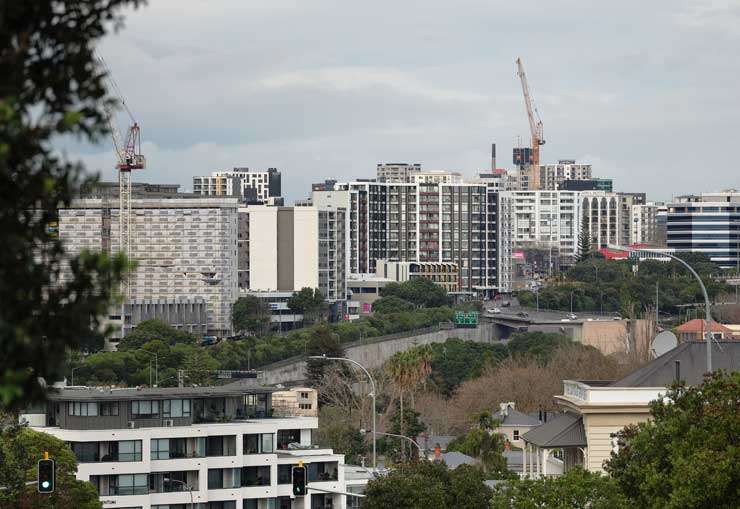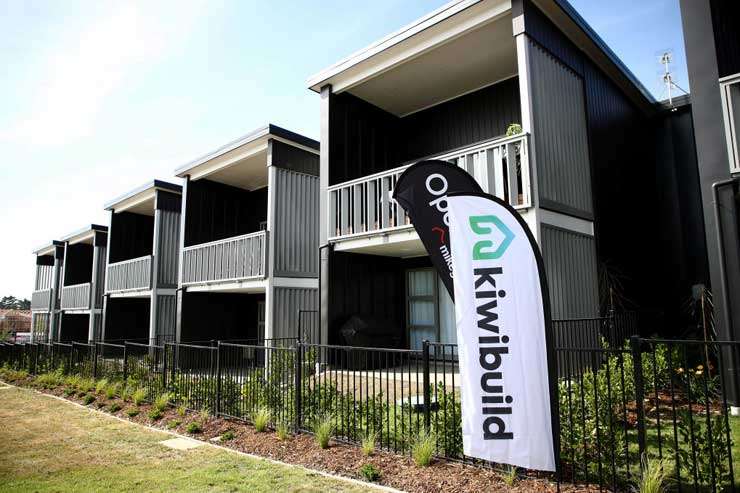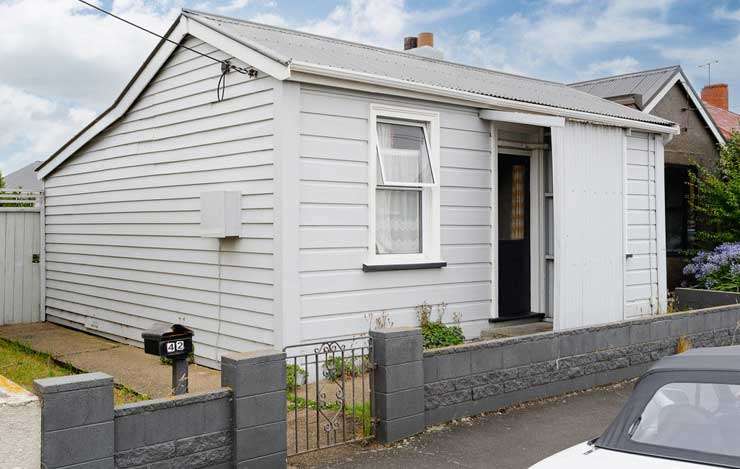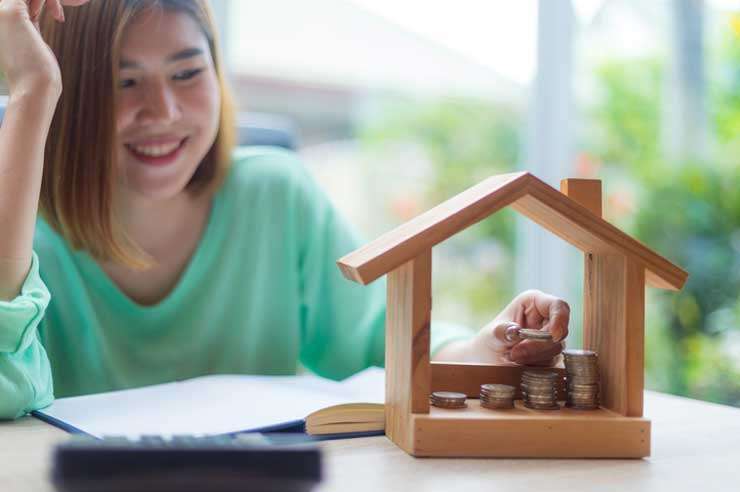First home buyers could save $100,000 and more on their first home if they are willing to think laterally, downsize their expectations and be smart about mortgage repayments. With the average property value for New Zealand now above $1 million, OneRoof looked at the money-saving options available to new entrants to the market:
1. Buy an apartment or townhouse
First home buyers often want to buy more than they can really afford. But a first home is not a forever home. If a standalone home is out of reach, the answer is to downsize to a townhouse. Or if that is too expensive, step down to an apartment. For example, one of the cheapest standalone new homes currently on the market in Christchurch is 4/9 Raupo Street, in Bromley. The two-bedroom new home is for sale by way of price negotiation, with a price guide of $550,000 to $620,000.
Residential property developer Williams Corporation has been selling townhouses in nearby Papanui for around $600,000, while Fletcher Living had one-bedroom apartments in Christchurch CBD for under $500,000.
Start your property search
Universal Homes new home consultant Lisa Fleming says some first home buyers are hesitant about apartments because they don’t like the idea of a body corporates. However, body corporate fees pay for exterior maintenance and insurance, which are costs buyers have to pay out of their own pocket where there is no body corporate.

Apartments in Auckland CBD. Apartments are often cheaper entry points to the market. Photo / Ted Baghurst
2. Buy a KiwiBuild home
KiwiBuild is a government scheme to build affordable homes. How it works is Kāinga Ora makes land available to developers on the condition that some of the homes are sold within an affordable price bracket. First home buyers go into a ballot to win the right to buy a KiwiBuild home. Many are $100,000 cheaper than the equivalent property on the open market.
Axis homes in Auckland’s Hobsonville Point are a similar concept to KiwiBuild and first home buyers go into a ballot for the right to buy them. Fleming says the same home would be $100,000 to $200,000 more expensive on the open market.

A KiwiBuild home in Auckland. Buyers enter a ballot for the right to purchase. Photo / Getty Images
Whenever Universal Homes has Axis or KiwiBuild homes on the market it is inundated with enquiry. "[Buyers] make money when they walk in the door.” Fleming says. Sixty-one owners are in the process of moving into their KiwiBuild homes built by NZ Living in Auckland’s Glen Innes currently. It’s quite likely the properties will be worth $100,000 more than buyers paid – although they must live in the homes for at least two years.
3. Buy a less desirable property
First home buyers who are willing to buy a run-down property and put in the hours renovating and improving it or buying in less in-demand suburbs can easily save up to $100,000, agents say.
LJ Hooker agent Jason Hynes says that in Dunedin, where the average property value is $750,000, rock bottom prices start at just under $300,000. Among the do-ups Hynes is marketing include a three-bedroom home at 42 Fawcett Street, in South Dunedin, which has a price tag of $295,000, and a three-bedroom villa at 5 Exmouth Street, in Abbotsford, which is looking for offers over $350,000.
Both properties require serious repair work but if buyers were able to spend $50,000 to bring them up to an insurable standard, they’d most likely double that in capital gain, Hynes says.

For sale for $295,000: a three-bedroom do-up at 42 Fawcett Street, in South Dunedin. Photo / Supplied
“If you're prepared to take a little bit of a step down in your expectations, it’s easy to add value and turn a $300,000 house into a $400,000 or $450,000 house. Much easier than purchasing a $600,000 house and turning that into an $800,000 one.”
4. Save on the mortgage
First home buyers can save a lot more than $100,000 by being smart about their mortgage repayments. Christchurch-based mortgage adviser Gareth Veale, of EasyStreet Mortgages, points out that banks test clients’ ability to pay at a rate several percent higher than the actual interest rate they'll pay. That means buyers can afford to pay more than the minimum. Extra repayments reduce the outstanding capital, which means buyers pay less interest in the long run.
“At the moment you might be paying 5%, [but] the test rate is 7%. There's an argument there to say pay off your mortgage as if it was 8%,” says Veale. That 3% premium reduces the outstanding capital on which interest is charged.
Contractors or business owners with lumpy cash flow can do the same with a flexible mortgage or revolving credit, which allows them to pay additional lump sums into the mortgage when they have the money.

Upping your mortgage repayments when you get a pay rise can reduce the amount of interest you pay overall. Photo / Getty Images
The savings by doing this are significant, says Veale. “If you have a $400,000 mortgage, and you're paying 5% interest over 30 years, the total cost of your mortgage interest over that time is $328,000. If you were to pay it back as if it was an 8% interest rate, that’s $677 per week as opposed to $495 per week at 5%. If you did that you would have that loan paid off in just under 17 years and your total interest costs would be $192,000.”
Veale has several sets of clients who take this approach. In one case, first home buyers with a $300,000 mortgage halved their outstanding loan in just two years.
First home buyers who want to save should also consider strategies such as upping their repayments every time they get a pay rise. Many first home buyers will be early in their career and moving up the pay scale, which makes larger repayments easier, says Veale. Another strategy is to increase repayments every time the mortgage is reviewed. Should mortgage rates drop, homeowners can keep their repayments at the higher rate they’re used to, directing the excess to capital repayments.






































































